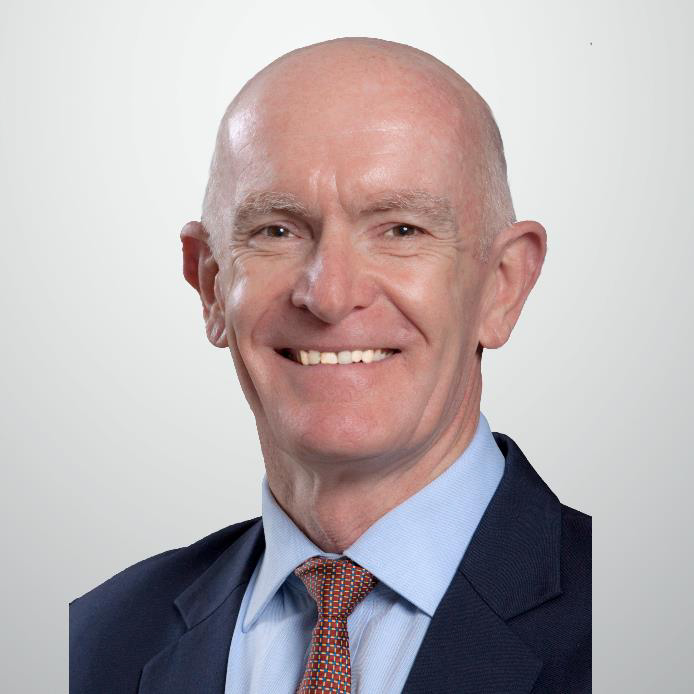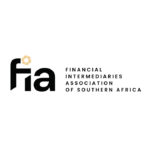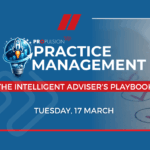The Durr case concluded that an advisor offering expertise is held to a higher standard.
There is a huge risky elephant in the room that South African Category I investment advisors and wealth managers may not even know is there!
FAIS Category I advisors are recommending that their clients invest in asset managers’ portfolios at every meeting but how much do they really know about those portfolios and the people and companies managing them? Have they built a comprehensive due diligence library, at least of the managers they favour, if not of the whole industry?
Why should advisors go to the trouble and expense of demonstrating they have researched their proposed asset managers thoroughly? Because it exemplifies their standards of stewardship over their clients’ capital and sets them apart from their competition.
Many advisors assume that the presence of a manager’s portfolio on a particular investment platform ensures that the platform has conducted a full due diligence on that portfolio. This is fundamentally not so. Platforms may ask for far less than a complete due diligence questionnaire. Often, too, the platforms are ensuring they do not offer too many of the same sort of portfolio. And few platforms conduct ongoing due diligence to ensure the Category II fund manager is adhering to basic compliance. The collapse of Third Circle in 2015 was witness to how a co-brander had failed to monitor the compliance of a Category II manager under its auspices.
If anything goes wrong with a portfolio recommended by a Cat I advisor, it will be no defence at all to say the portfolio was deemed sound because it was on any platform or co-branded by another Category II manager.
The Durr vs ABSA case is a must-read for any advisor as it drew the line where the level of knowledge should be when advising someone on their investments. The first question to ask is, “What level of skill and knowledge should an advisor demonstrate?” If the advisor holds himself or herself out to be able to advise a client on their investments, he or she should possess and exhibit skill and knowledge according to the standard of expert they hold themselves out to be or that the client expects, regardless of whether the advisor actually does possess the skill and knowledge. The second question is, “What is the standard for judging the advisor?”
The Durr case concluded that an advisor offering expertise is held to a higher standard.
Durr came before FAIS which codified many of the requirements of advisors. The FAIS Act, in the General Code of Conduct, demands that advisors “must at all times render financial services honestly, fairly, with due skill, care and diligence, and in the interests of clients and the integrity of the financial services industry.” [emphasis added].

The due skill and diligence expected of an investment advisor is surely greater than that the investor could expect to glean a factsheet? These days, the Internet can readily provide factsheets and lists of managers on platforms so what else are the advisors offering? They should be familiar with the portfolio managers, their philosophies and processes, their succession plans, their research capabilities, their variable pricing structures, their professional indemnity and fidelity insurances, their dealing policies not to mention FIC compliance and many other facets.
Typically, though, advisors may rely on backward-looking factsheets (called minimum disclosure documents (MDDs) now) and a brochure from the platform they use for investment administration. This is woefully inadequate and it is only a matter of time before advisors join the lengthening list of those who did not act “with due skill, care and diligence”.
The higher standard expected, thanks to Durr, requires that the advisor can point to substantial research performed on the asset managers recommended with a library of information to back it up.
James Downie is a director of Due Diligence SA (Pty) Ltd, a company established to provide due diligence materials and questionnaires to advisors, discretionary fund managers, multi-managers and consultants who would rather work smarter than harder.
He has over 35 years’ experience of investment management, research and consulting in both the institutional and individual markets.












